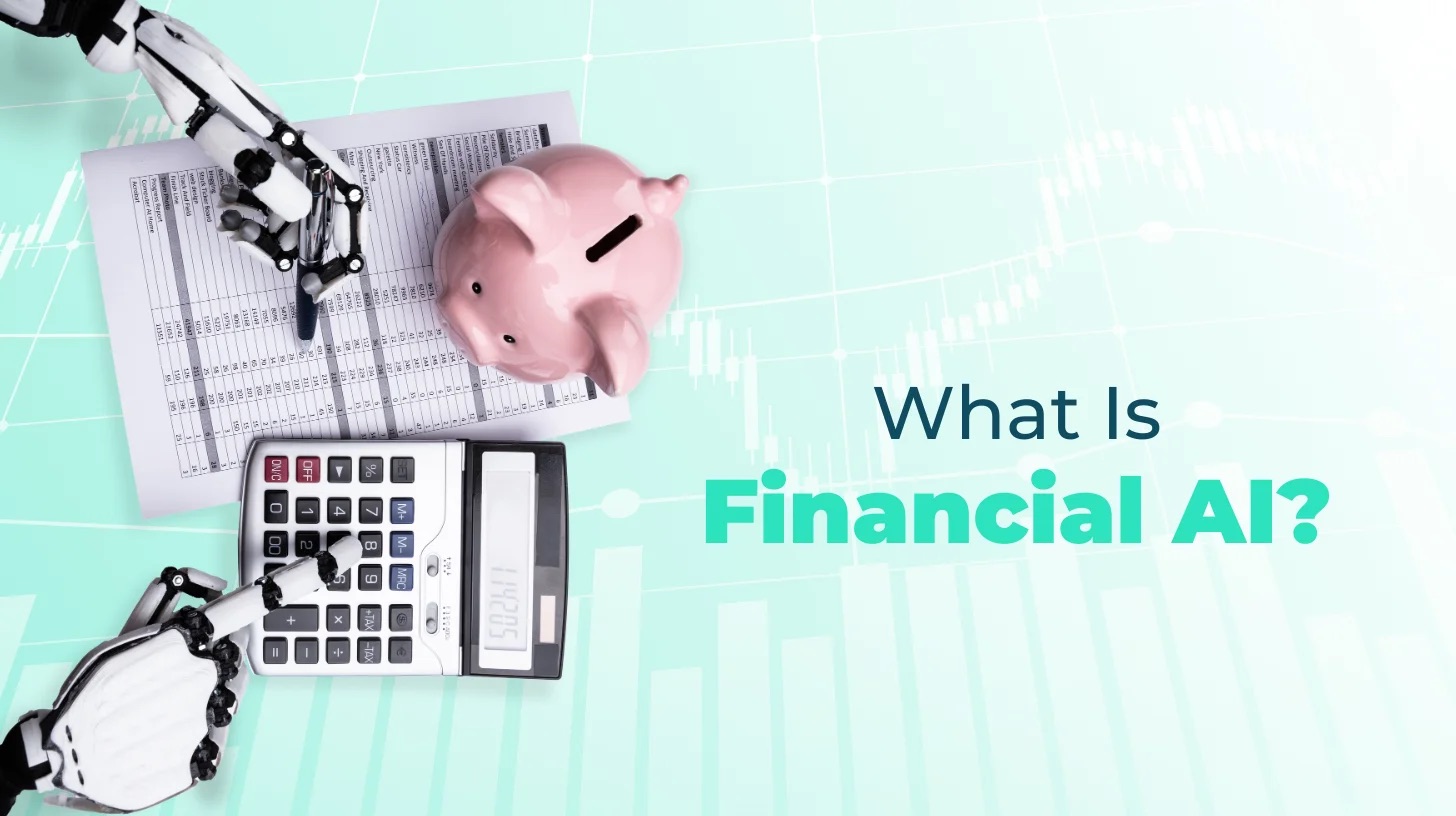
Six ESG Highlights for 2026
With 2026 in full swing, many people are working to get their plans for the year moving forward. For ...

By Dor Eligula, Bridgewise Chief Business Officer
This article was originally published in ICE Finance.
Artificial intelligence is changing the face of the financial world as we know it. Technological revolutions in areas such as online banking, investment management and algorithmic trading create new opportunities for investment, but also bring new challenges to the system. This post will examine how financial AI affects the market, the challenges to its implementation, and how it can change the future of finance.
The risk- return principle is a basic measure of financing: the lower the risk, the lower the expected rate of return. When artificial intelligence starts to become very dominant in many aspects of life, including finance, the concept of risk return takes on a new meaning.
Financial AI is the use of advanced technology to improve and optimize financial processes. It combines data processing capabilities, machine learning, and intelligent algorithms to analyze vast amounts of financial data, automate complex tasks, and provide smart insights in real time. This includes transaction automation, customer service improvement, fraud detection, predictive analytics, credit scoring, risk management and regulatory compliance. Financial AI enables institutions to make informed and faster decisions, thereby improving efficiency and performance in today’s complex and competitive financial market.
With diverse and advanced capabilities, AI in the financial field appears as an extraordinary opportunity for the industry itself. Market drivers include online banking and investment houses, where AI can support remote banking transactions and improve the customer experience through automated and secure customer service as well as process optimization. The popularity of AI solutions has created a market full of innovative players, offering diverse investment opportunities with the potential for profit and loss.
When it comes to investment management, AI is capable of analyzing massive amounts of data in real time, enabling financial firms to quickly respond to market changes, make smart trades, balance portfolios and maximize returns. Thanks to this, the financial AI market is expected to grow at an annual rate of 17% between the years 2025 and 2033, and reach a market value of $70 billion.
The financial AI industry faces significant challenges. One of the main challenges is regulatory compliance: any institution that provides buy or sell recommendations must meet certain regulatory standards, and with AI these requirements are not always met. In addition, problems with models and machine learning may lead to AI “hallucinations”, that is, the creation of a wrong or absurd output. The quality of data is also essential for the quality of output. AI depends on data as its programmers define. When this data is flawed or biased, the results are compromised accordingly.
Increasingly, the capital markets are becoming a crucial area of disruption for financial AI. In the past, AI trading was the domain of large institutions and specialized technical teams alone, but today a new generation of trading platforms is bringing this technology into the hands of financial professionals and retail investors. AI enables sentiment analysis, algorithmic trading, risk management, personalized advice and portfolio optimization. Sentiment analysis improves market understanding by collecting and analyzing macroeconomic data, geopolitical issues and interest rates.
Algorithmic trading enables the rapid analysis of large data sets and the identification of trends and patterns in the market. Risk management is improved through analysis of variables such as market data and volatility, and personalized advice allows users to communicate with trading platforms in plain language. Additionally, AI helps fund managers optimize portfolios by examining diversification, risk, income and growth, and identifying opportunities to add certain stocks to the portfolio.
Stock analysis apps are a great resource for understanding data related to “popular” stocks, but when it comes to other assets there’s a whole world of securities that don’t always get the attention they deserve. For example, only 20% of global stocks are covered by analysts, and 40% of global stock market value comes from non-US stocks. Some analysts believe that the international market is the best place to find high-yielding, low-cost stocks. Artificial intelligence is finally enabling banks, exchanges, consulting companies, trading platforms and media companies to get new and broad perspectives on the global market.
Established analytics platforms provide investment professionals with the ability to look at a wider range of diversified stocks from around the world, thereby expanding the scope of their investments and finding new opportunities in global markets.
Artificial intelligence is changing the rules of the game in the financial world. From streamlining banking processes to smart investments in global stocks. AI offers unprecedented opportunities but also poses unique challenges. Despite the difficulties in regulatory compliance and the quality of data, the use of AI in the financial sector is expanding and offers many advantages. To succeed in the changing market, it is important for financial institutions to embrace these advanced technologies and face the challenges intelligently. This way, we can ensure a smarter, faster, and more efficient financial future.
Dor Eligula is the CBO and Co-founder of Bridgewise.

With 2026 in full swing, many people are working to get their plans for the year moving forward. For ...

Generative AI has moved quickly from experimentation to production, but in financial services, ...

BridgeWise , the global leader in AI for investments, has today announced an international ...